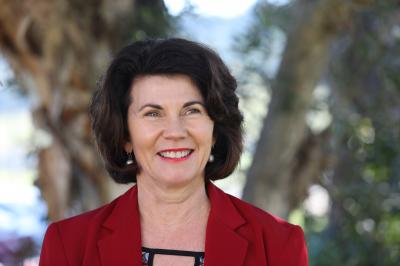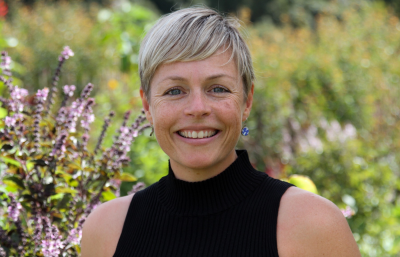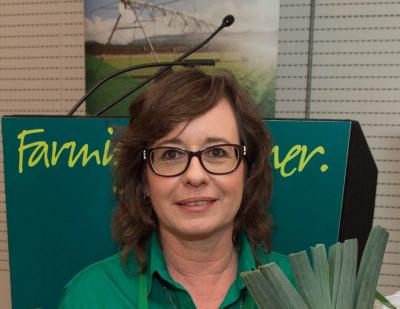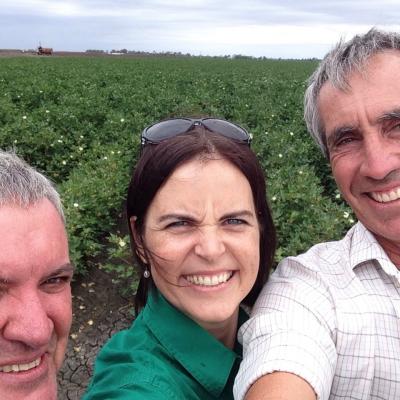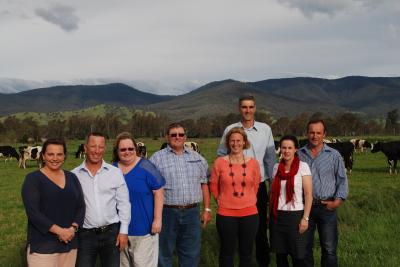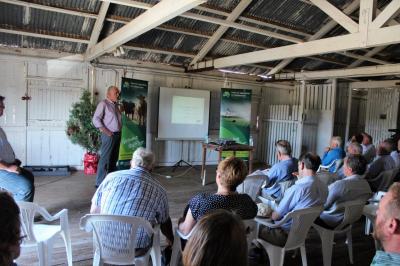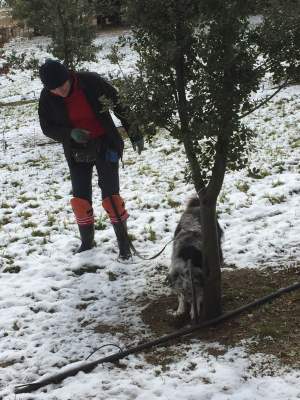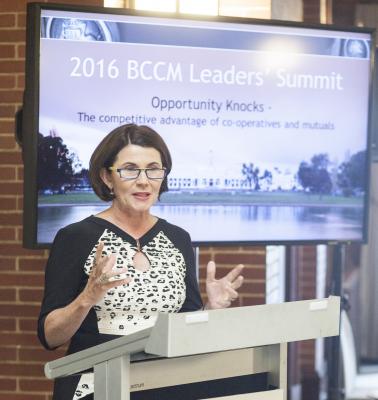The Farming Together Program (FTP) is an innovative knowledge mobilisation model which empowers farmers, fishers and foresters to build resilience and profitability through collaboration.
During its two-year pilot period, FTP reached 28,500 primary producers nationwide, unlocking the power of collaboration and empowering a generation of primary producers.
The FTP flipped the traditional government-university-industry partnership approach placing the farmer as the primary partner realising unique results.
Historically, approaches of outreach initiatives across the Australian agricultural sector have focused on top-level collaboration geared to large-scale problem-solving mindsets with a trickle-down impact on farmers. These top-down approaches make it difficult to measure the impact of such initiatives as they are entangled with confounding variables.
Built around a personalised one-on-one approach, the FTP linked farmers to a range of different networks, types of training, expert advice and online resources at a critical time in their business development resulting in powerful collaborations. This type of on-demand, personalised access to quality academic and practical support is a standout feature of the FTP.
The FTP has demonstrated its ability to harness collaboration for systemic change. The relationships formed through the collaborative networks and the commercial benefits generated are being shown to continue beyond the pilot program. This sustained impact is testament to the program’s unique design focused on empowering primary producers.
This highly successful collaborative initiative has consequently led to the establishment of the Regenerative Agriculture Alliance -a movement addressing land degradation, bringing industry and researchers together to solve some of the county’s most complex and urgent problems.




